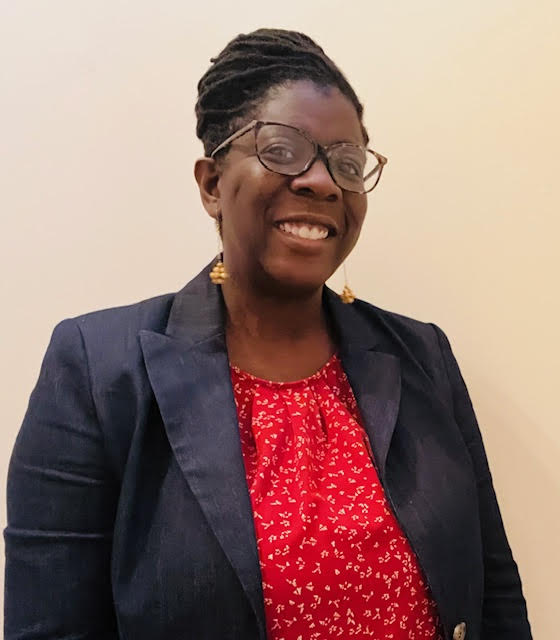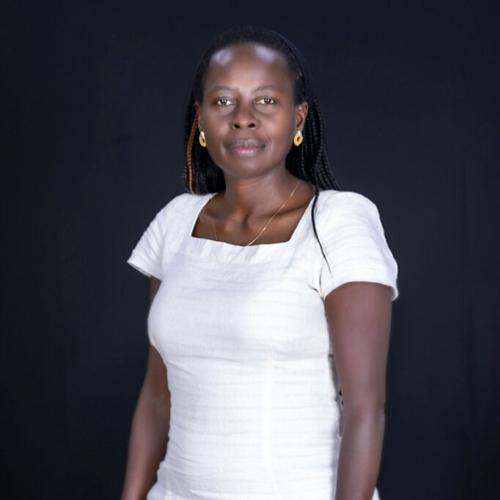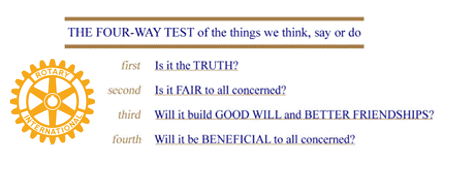|
Having trouble reading this email? Click here for the web version. Still using Outlook Classic? Click here and learn how to switch to the latest version.
WEDDING ANNIVERSARIES
Rotary Onlinehttps://atlantawestendrotary.org
ROTARY CLUB OFFridays, 12:15 pm |
|||||||||||||||||||||||||||||||||||||||||||||||||
| President | Victoria Seals, PhD |
| President-Elect | Christopher Hempfling |
| President-Elect | Debra Stokes |
| Immediate PP | Jared Evans |
| Vice President | Debra Stokes |
| Treasurer | Rose Caplan |
| Secretary | Neil Shorthouse |
| Public Image | Jared Evans |
Nov. 21, 2025
This Week’s Program
 Temitope Aiyejorun Walker, PhD, serves as Georgia’s Senior Hunger & Nutrition Coordinator within the Division of Aging Services at the Georgia Department of Human Services. In this role, she leads the implementation of Georgia’s first State Plan to Address Senior Hunger. Dr. Walker is also the current President of the Georgia Gerontology Society, a nonprofit dedicated to education, advocacy, and service that strengthens the field of aging and supports older adults and their caregivers.
Temitope Aiyejorun Walker, PhD, serves as Georgia’s Senior Hunger & Nutrition Coordinator within the Division of Aging Services at the Georgia Department of Human Services. In this role, she leads the implementation of Georgia’s first State Plan to Address Senior Hunger. Dr. Walker is also the current President of the Georgia Gerontology Society, a nonprofit dedicated to education, advocacy, and service that strengthens the field of aging and supports older adults and their caregivers.
Dr. Walker brings over a decade of experience evaluating, addressing, and elevating awareness of the nutritional needs of low-income older adults. Her work is grounded in both research highlighted through her dissertation focused on SNAP-eligible older adults and in statewide program coordination through Georgia’s Senior Hunger Initiative.
She earned her B.S. in Chemistry from the Georgia Institute of Technology; an M.A. in Biology and Biomedical Sciences from Washington University in St. Louis; and her Ph.D. in Foods and Nutrition along with a Graduate Certificate in Gerontology from the University of Georgia.
Rooted in her upbringing and faith, Dr. Walker loves helping people, sharing creative ideas, and enjoying (and making) good food. She is happily married and the proud mother of two beautiful children.
Passcode: Service
KeyWay Report on Our Speaker, Nov. 14, 2025
Ms. Margaret Nagawa, PhD candidate at Emory University and instructor at Spelman College
Rose Caplan gave an excellent welcome to Ms. Margaret Nagawa, PhD candidate at Emory University and instructor at Spelman College, to share insights from her curated exhibition “Insistent Presence: Contemporary African Art from the Chazen Collection” at the Carlos Museum of Art.
Her presentation invited members to see contemporary African art as a site of memory, identity, and social commentary, with particular attention to how artists make the human body present or absent in their work. Drawing on her experience as an artist, curator, and emerging art historian, Nagawa explained that her career has moved through studio practice, gallery work, university museums, and now doctoral research. She has curated exhibitions at institutions such as Makerere University and the Chazen Museum of Art, completed curatorial training at Goldsmiths College, University of London, and currently teaches at Spelman College while advancing her PhD at Emory. This blend of practice, curatorship, and scholarship positions her to navigate the spaces where art is created, interpreted, and shared with public audiences.
Margaret Nagawa described how the “Insistent Presence ...” exhibition, which took a year to assemble, began with an invitation in 2022 to work with the Chazen’s contemporary African art collection, originally assembled as a teaching resource for African Studies courses. Over the course of a year, from initial conversations in June and a contract in August 2022 through the opening in August 2023, she studied the collection and identified a recurring concern with the human figure. Drawing on art historian Chika Okeke-Agulu’s observation about the persistent human figure in contemporary African art, Ms. Chika shaped the exhibition around the tension between presence and absence of the human figure. The show is structured in three parts, “The Absent Body,” “The Body in Society,” and “The Artist Is Present,” each asking how artists use the figure, or its removal, to speak about history, politics, trauma, and everyday life.
Several artists and works brought these themes into focus. Ethiopian artist Dawit Abe uses elongated, burdened male figures to explore labor and inequality, setting them in visual tension with images of figures like the Queen of England to highlight power imbalances and unseen labor. Senegalese photographer Malik Welli stages scenes such as “Sisters Cluny, Saint-Louis,” which appears to depict Catholic nuns but in fact shows models in costumes he designed. By carefully constructing the image, he invites viewers to question assumptions about authenticity and representation.
AWER Members also heard about the educational and professional journey that prepared Nagawa for this work. She studied painting and sculpture at the Margaret Trowell School of Art at Makerere University, worked as an artist, then joined a commercial gallery to support her practice. Her desire to understand how artworks move into public life led her to formal training in art curatorship at Goldsmiths and work in London’s museum district before returning to Makerere. Later, she returned to graduate study at Emory to deepen the connections between contemporary African art and historical African forms, supported by an advisor who helps her bridge practice and research. During the program, a visiting Maynard Jackson High School junior, Kaylah Rhaney, asked how curating “Insistent Presence” shaped Nagawa personally. Nagawa shared that she stepped away from her PhD timeline to take on the project, and that it pushed her into new territory, particularly Francophone West Africa, where she worked through language barriers with the help of translators and student collaborators. Plus, it made her realize she needed to become more skilled in French. Her advice highlighted the value of learning another language as a way to open doors, expand thinking, and build friendships across borders.
Throughout the meeting, the club’s regular business and a brief DEI moment framed the program in the context of Rotary’s commitments to inclusion, cultural understanding, and peacebuilding. Nagawa’s emphasis on artists who engage social inequality, historical memory, and contested identities aligned naturally with Rotary’s focus on promoting peace, supporting education, and advancing community development. Her stories about navigating linguistic and regional divides mirrored Rotary’s work in building bridges between communities, and her engagement with students and university galleries resonated with AWER’s support for youth and lifelong learning. And, she also expresses the need not to allow society to limit our own visions to the world around
The program closed with clear invitations for further engagement. Members were encouraged to visit the “Insistent Presence” exhibition at the Carlos Museum before it closes on December 14.
--- Neil Shorthouse, Keyway Speaker Reporter

November’s Theme
Rotary Foundation Month
Together, we are people of action. This is a time to recognize and support the Foundation that powers Rotary’s service and impact around the world. The Rotary Foundation turns our donations into projects that fight disease, provide clean water, support education, promote peace, and more. From eradicating polio to supporting local literacy efforts, the Foundation enables us to create lasting change in our community and across the globe. Every contribution, no matter the size, helps build a healthier, safer, and more hopeful world. Now is the perfect time to learn how the Foundation works and consider how you can support it.
Calander, Agenda, Connections, & Four-Way Test
MARK YOUR CALENDAR
Sign up to be a program chair here today! Mar. Apr. & June are vacant and need YOU! | Meeting Agenda
|




